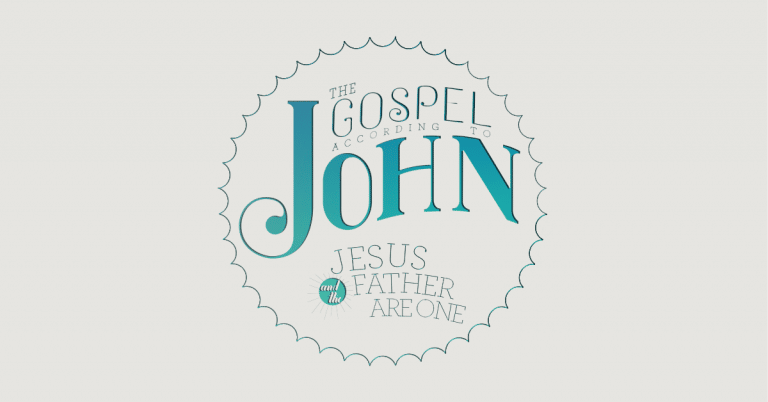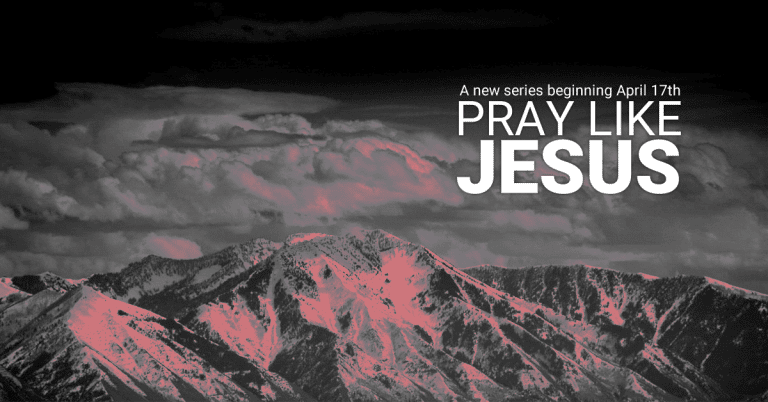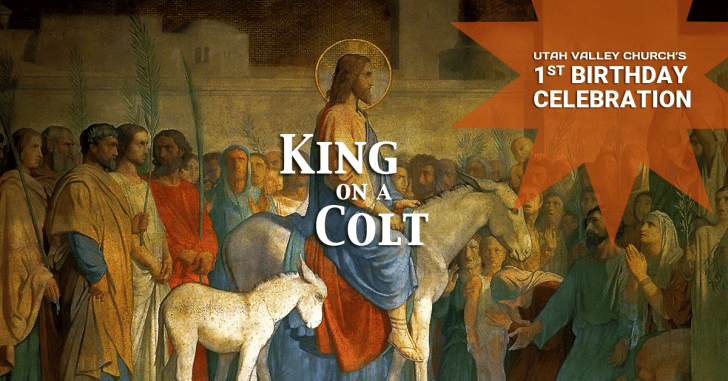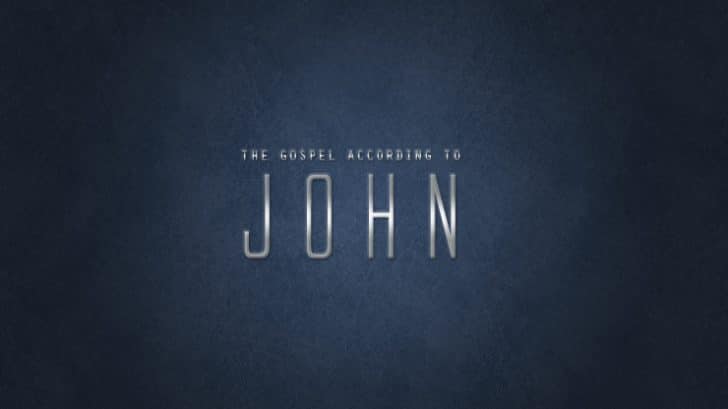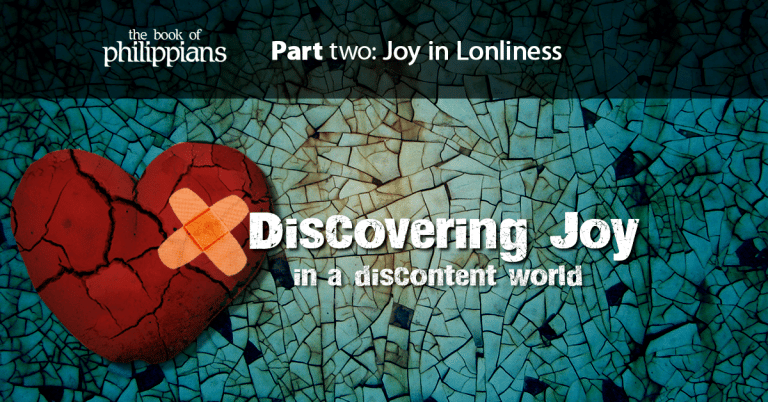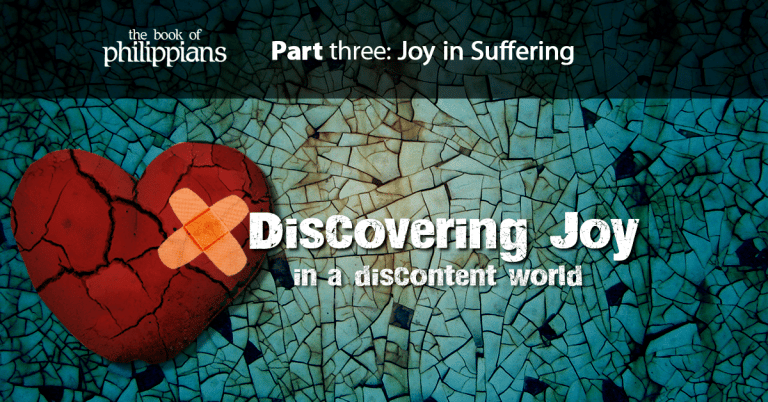John 10:22-42 | I And The Father Are One
[reveal id=”text” class=”button” link=”” ]22 At that time the Feast of Dedication took place at Jerusalem. It was winter, 23 and Jesus was walking in the temple, in the colonnade of Solomon. 24 So the Jews gathered around him and said to him, “How long will you keep us in suspense? If you are the Christ, tell us plainly.” 25 Jesus answered them, “I told you, and you do not believe. The works that I do in my Father’s name bear witness about me, 26 but you do not believe because you are not among my sheep. 27 My sheep hear my voice, and I know them, and they follow me. 28 I give them eternal life, and they will never perish, and no one will snatch them out of my hand. 29 My Father, who has given them to me, is greater than all, and no one is able to snatch them out of the Father’s hand.
30 I and the Father are one.”31 The Jews picked up stones again to stone him. 32 Jesus answered them, “I have shown you many good works from the Father; for which of them are you going to stone me?” 33 The Jews answered him, “It is not for a good work that we are going to stone you but for blasphemy, because you, being a man, make yourself God.” 34 Jesus answered them, “Is it not written in your Law, ‘I said, you are gods’? 35 If he called them gods to whom the word of God came—and Scripture cannot be broken— 36 do you say of him whom the Father consecrated and sent into the world, ‘You are blaspheming,’ because I said, ‘I am the Son of God’? 37 If I am not doing the works of my Father, then do not believe me; 38 but if I do them, even though you do not believe me, believe the works, that you may know and understand that the Father is in me and I am in the Father.” 39 Again they sought to arrest him, but he escaped from their hands.40 He went away again across the Jordan to the place where John had been baptizing at first, and there he remained. 41 And many came to him. And they said, “John did no sign, but everything that John said about this man was true.” 42 And many believed in him there. (John 10:22-42)[/reveal]
At this point in John chapter 10 Jesus had explained that he is the gate by which we must enter in order to be saved. He also illustrated the fact that he is the good shepherd who lays down his life for the sheep. His sheep hear his voice and follow him. He went on to explain that he has sheep that are not part of the Jewish flock. Those sheep also hear his voice and listen to him and he will make one flock out of the two.
He said it was for this reason that the father loves him because he lays down his life for the sheep. No one takes it from him but he lays it down by his own accord. He explained that he has the authority to lay down his life and the authority to take it up again. And there was division among the Jews because of what he said. Some of them said, “He has a demon, and is insane; why listen to him?” Others said, “These are not the words of one who is oppressed by a demon. Can anyone open the eyes of the blind?”
The Setting:
Now as we pick up in verse 22, we don’t know how much time has elapsed since verse 21. However, I don’t believe that it was very much time because Jesus continues to use some of the same illustration of shepherd and sheep.
At that time the Feast of Dedication took place at Jerusalem. (John 10:22) The feast of dedication was not a feast that you’ll find outlined in the Old Testament. It was actually centered around the celebration of the restoration of the temple. In the period between the closing of the old testament in the beginning of the new testament a lot of history took place. One notable thing during this time period was the rise of the Syrian king named Antiochus IV Epiphanes who waged war against the Jews. He sacked Jerusalem and outlawed the Jewish religion and mandated the worship of Zeus. He greatly persecuted the Jewish people and it is estimated that 80 to 100,000 Jewish lives were lost during his reign.
During this time a Jewish man named Judah Maccabee along with his father and brothers started a revolt against the Seleucid empire. And thanks to the Maccabean revolt, the Jewish Feast of dedication or Feast of Lights, better known as Hanukkah, commemorates the restoration of Jewish worship at the temple in Jerusalem in 164 BC.
It was winter, and Jesus was walking in the temple, in the colonnade of Solomon. (John 10:22b-23) You can almost visualize Jesus and the people shuffling their way into this colonnade of Solomon to shelter themselves from the cold winter wind. Notice in verse 24 how the crowd had gathered around Jesus. They were literally pressing in on him. I can picture them squeezing in tight to fight of the cold. You can almost visualize their steamy breath puffing into the frigid air and they say, “How long will you keep us in suspense? If you are the Christ, tell us plainly.” (John 10:24) They want a simple yes or no answer from Jesus. Are you the Messiah or not?
You see, the Jews were waiting for a political Messiah that would lead them into a rebellion against the oppressive tyranny of the present governing authority. They were looking for someone to restore a political and earthly kingdom for the Jews. For Jesus to answer with a yes or a no wouldn’t necessarily bring about clarity, but actually add confusion. The Jews didn’t have the same concept messiahship that Jesus had. So, you can see that if Jesus answered with a simple yes or no response it would create a lot of confusion. The people simply had a completely different understanding of who the Messiah would be then who Jesus was and what Jesus came to restore.
Jesus answered them, “I told you, and you do not believe. The works that I do in my Father’s name bear witness about me, (John 10:26) He’s telling them that he’s already answered that question. He said let me give you two reasons you should already know the answer to this question:
His works
He saying to them, look at all the works that I’ve done in my father’s name. If we go all the way back to chapter 4 we see that Jesus healed the son of the official. Then in chapter 5 Jesus healed the man by the pool of Bethesda who had been crippled for 38 years. In John chapter 6 Jesus feed more than 5000 people by miraculously multiplying a couple of fish in a few loaves of bread. Later in the chapter he walked on water! In chapter 9 Jesus healed the man who had been born blind. He saying my works are enough. The things that I’ve done in my father’s name should be enough to answer your question, but you do not believe because you are not among my sheep. (John 10:26)
His Words
Secondly, he’s saying, my words should suffice. Look at Verse 28. My sheep hear my voice, and I know them, and they follow me. (John 10:28) They don’t follow the religious leader, they don’t follow the trendiest fad, they follow me. He’s saying that if they were his sheep, they would hear his voice, believe in him and follow him. If you want to know who I am, look at my works and listen to my voice.
Our security
His works and his words equal our security. I give them eternal life, and they will never perish, and no one will snatch them out of my hand. (John 10:28) Our eternal life is not dependent on our feeble ability to hold onto Christ, but upon his saving and relentless grip on us. In other words, it’s by the grace of God, by the work of his hand, that we are saved. He is both the giver of eternal life and the sustainer of eternal life.
One in purpose
Notice in Verse 29 the unity of purpose between the Father and the Son. My Father, who has given them to me, is greater than all, and no one is able to snatch them out of the Father’s hand. (John 10:29) He’s saying the He and the Father have the same agenda, to save and sustain. But whose hand are they in, the Father’s or the Son’s? The answer is both.
“… I and the Father are one.” (John 10:30)
One in essence
Jesus and the Father are not only one simply in purpose, but one in essence. This is one God existing eternally (without beginning or end) in one essence as three persons: Father, Son & Holy Spirit.
Reaction of the Jews
The Jews picked up stones again to stone him. (John 10:31) That’s quite a reaction. Why on earth would they react that way? What did they hear Jesus say? What they heard him say was in their minds worthy of stoning, worthy of death.
Jesus claimed to be God?
There are many groups that believe in a Jesus, but deny that Jesus ever claimed to be God. Here’s the trouble with that: there are two groups of people that claim they heard Jesus say otherwise. First off, the Jews that heard him speak that day understood clearly that he claimed to be one with the Father in essence, that he claimed to be God. Secondly, the Christians, many who were also Jews, believed this claim about Jesus. The people that were eye witnesses and heard him speak with their own ears believed that he claimed to be God.
The people that day found themselves at a theological crossroads. They were faced with intellectual conflict. They stood at the crossroad of faith and had the option to accept the accept the truth as it had been presented or fight against it. So, with stones in their hands, Jesus confronts them with a question. Verse 32: Jesus answered them, “I have shown you many good works from the Father; for which of them are you going to stone me?” (John 10:32) Jesus is saying, I do only what the Father does and you’ve seen these things; for which one are you going to stone me?
Who’s the real blasphemer?
The Jews answered him, “It is not for a good work that we are going to stone you but for blasphemy, because you, being a man, make yourself God.” (John 10:33) They’re saying, we’re not stoning you for what you did, we’re stoning you because you, a mere man, call yourself God. The irony is that they called him a blasphemer for being a mere man yet claiming to be God. The real blasphemy is that they were looking onto the eyes of eternal God and calling him a mere man. Who was guilty of blasphemy? Some of us may be guilty of a sin we aren’t aware of; that is the sin of unbelief.
Jesus’ masterful deflection
Jesus had just been charged with the sin of blasphemy by claiming to be God and the people were about to stone him. Now it wasn’t Jesus time to suffer and die, especially since the atonement was prophesied to be through crucifixion and not stoning. So Jesus presents a deflection. He masterfully gives a them an unanswerable argument by presenting them with scripture (Psalm 82). Verse 34: Jesus answered them,“Is it not written in your Law, ‘I said, you are gods’? (John 10:34) Jesus isn’t making a conclusive argument but a deflection: Verses 35-36: If he called them gods to whom the word of God came—and Scripture cannot be broken— do you say of him whom the Father consecrated and sent into the world, ‘You are blaspheming,’ because I said, ‘I am the Son of God’? He’s saying, if God can use this terminology to refer to mere mortal man as small “g” gods, why do you find it so strange that the one he sent into the world would be called the Son of God? He uses this obscure passage to stump the aggressive crowd because it wasn’t yet his time.
The crossroad
In verses 37-38 he presents them with a crossroad: If I am not doing the works of my Father, then do not believe me; but if I do them, even though you do not believe me, believe the works, that you may know and understand that the Father is in me and I am in the Father.” (John 10:37-38) This is your chance to believe – if I’m not the doing the work of the Father, then don’t believe me. Even if you don’t believe in me believe in the works you have seen me do in order that you may come to believe that the Father and I are truly one in both purpose and essence.
Again they sought to arrest him, but he escaped from their hands.
He went away again across the Jordan to the place where John had been baptizing at first, and there he remained. (John 10:39-40) Here at the crossroad, the Jews turned the direction of disbelief while, Jesus turned and went to the other side of the Jordan where John had been baptizing. And many came to him. And they said, “John did no sign, but everything that John said about this man was true.” And many believed in him there. (John 10:41-42)
Many came and believed in Jesus there. They faced the crossroad and turned to believe and follow Jesus. Others face the same crossroad and turned in disbelief and followed the religious leaders.
We face the same crossroad. There are so many voices, so many religions, so many authorities, but only one true Jesus. He said, “My sheep hear my voice, and I know them, and they follow me. I give them eternal life, and they will never perish, and no one will snatch them out of my hand.” (John 10:27-28)
Whose voice do you hear? Whose voice will you follow? Only one leads to eternal life. Only one delivers absolute confidence for eternal life. All other voices will leave you hoping, wishing and striving for eternal life with no assurance and no security.
